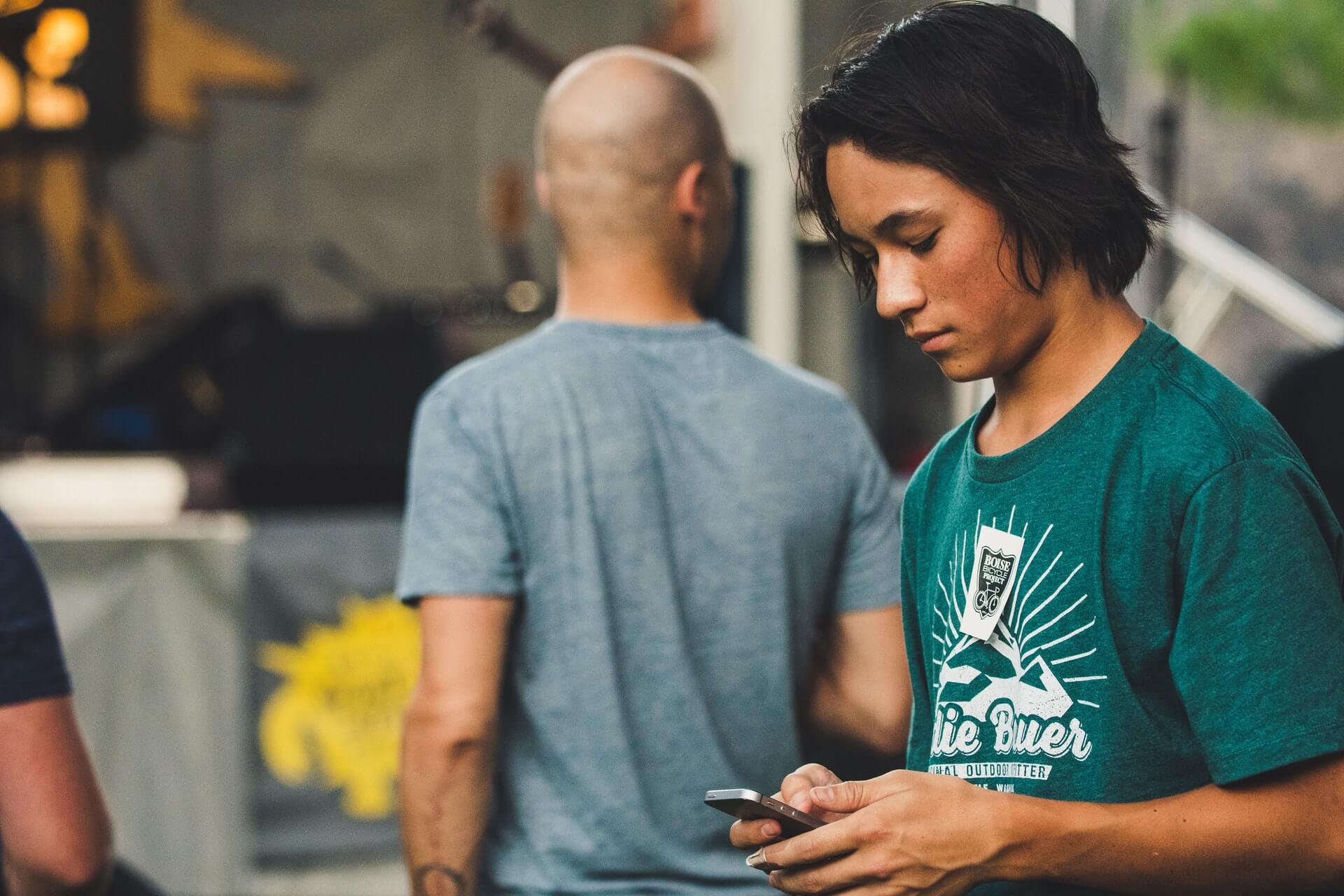WH&Y authors: Doctor Teresa Swist
Photo by Katerina Holmes from Pexels
- Networked technologies such as mobile phones, social media and ‘wearables’ are diversifying how teenagers learn about their health, who they connect with, and where they seek information.
- The way that teenagers are using technology to seek out health information should be understood in the context of their everyday lives, and the broader digital transformation of society.
- Peers, families, professionals, and private companies play an important role in how teenagers use technology for health purposes. The design and regulation of that technology should include a focus on how knowledge is shared between young people and various stakeholders.

WHAT WE KNOW
Studies in Australia, the United States and the United Kingdom highlight young people’s increasing use of technologies for seeking and tracking health information, as well as learning about their health.
- An Australian study found that young people value the convenience, accessibility, detail and diversity they get from accessing health information via digital media and devices including YouTube, online discussion groups, and social media groups. Apps and wearables such as Fitbits are popular for tracking sleep, physical activities and menstrual cycles. Study participants also value the information and support they get from family members, friends and medical professionals.1
- A US study showed that teenagers seek out health information on a range of digital platforms including the internet, social networking sites, mobile health applications, and wearable health devices. Top searches include fitness and exercise, plus stress and anxiety. At the same time, teens still rely on interpersonal sources of health information such as parents, friends, or nurses.2
- Insights from a UK study highlight how young people use digital devices such as mobile phones and digital content including videos, blogs, and images to learn about their body, health and identity outside of the traditional healthcare service contexts. In addition, young people want to be involved in the design and regulation of technologies, and value the role of another person to make sense of data.3
Research indicates that the way young people seek and track their health information is diversifying, and that this learning process also relies on the influence of their peers, families, and a range of professionals.
WHY IT MATTERS
- How teenagers learn about their health and seek health-related information is increasingly supported with technologies, especially consumer technologies such as mobile phones and social media platforms.
- Health professionals and health services that seek to engage with teenagers via technologies should consider issues such as access to Internet and devices, and the influence of peers, families, and companies.
- Young people want to be involved in the development of health-related technologies and data-regulation processes. Mostly, these are still adult-led and designed.
WHAT WE’RE ASKING
Emerging technologies such as the Internet of Things (IoT), Artificial Intelligence (AI), and Big Data are reshaping how adolescent health research is conducted. For example, they make it possible to:
- monitor young people’s health with IoT devices;
- search for and communicate health information with AI-enabled digital platforms; and
- explore new avenues of research via health-related ‘big data’ (Swist forthcoming/briefing paper).
WH&Y is pursuing this area of research to better understand the rapidly changing landscapes of healthcare and technology, and what they mean for an ethics of engagement with young people (Swist et al., 2019).
Sources
- Lupton, D. (2018) Young Australian’s use of digital health technologies. Retrieved from https://healthvoices.org.au/issues/november-2018/young-australians-use-of-digital-health-technologies/
- Rich, E., Lewis, S., Lupton, D., Miah, A., Piwek, L. (2020) Digital Health Generation?: Young People’s Use of ‘Healthy Lifestyle’ Technologies. University of Bath, Bath, UK. https://static1.squarespace.com/static/59705db2414fb5d8ec26586b/t/5ece2cb7c9d0b7350d143fad/1590570242400/2020DigitalHealthGeneration.pdf
- Wartella, E., Rideout, V., Montague, H., Beaudoin-Ryan, L., Lauricella, A. (2016). Teens, Health and Technology: A National Survey. Media and Communication (4): 13-23. https://www.cogitatiopress.com/mediaandcommunication/article/viewFile/515/515
About The Authors
Doctor
Dr Teresa Swist is Research Fellow at the Institute for Culture and Society, Western Sydney Universi...









